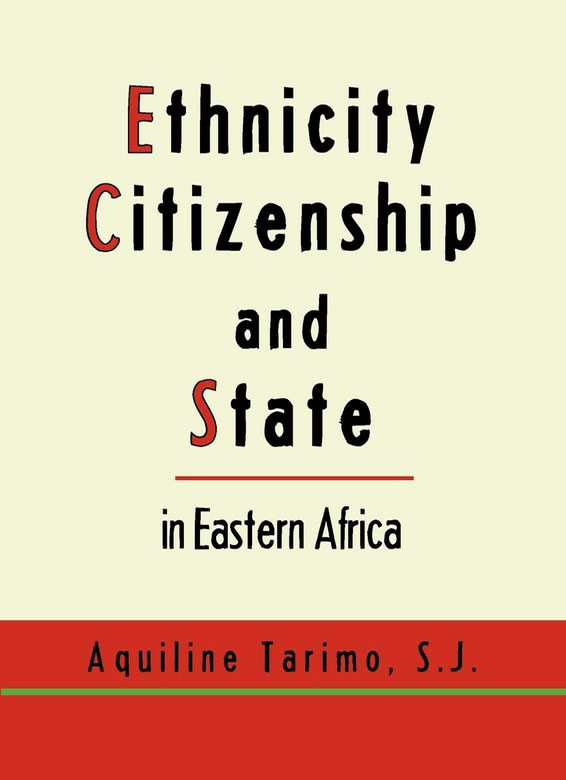written by Aquiline Tarimo, S.J.
This volume, from an Africa perspective, examines the relationship between ethnicity and citizenship within the framework of nation-state. Its objective and scope engage relational aspects of political integration, awaken public conscience, and motivate civic engagement. It provides a platform that could be considered prerequisite for political transformation. Such a framework is indispensable not only for challenging the politics of exclusion and marginalization, but also for reconstructing fractured social relationships. The test of its validity and relevancy is not whether it accounts for particular traditions, but whether it provides a framework through which we can comprehend the dynamics of ethnic identities as an avenue for promoting participatory governance and democratic accountability. An interdisciplinary study of this kind brings forth practical and theoretical contributions to the evolving concepts of ethnicity and citizenship.
| ISBN | 9789956579990 |
| Pages | 160 |
| Dimensions | 216 x 140 mm |
| Published | 2011 |
| Publisher | Langaa RPCIG, Cameroon |
| Format | Paperback |





2 comments
““One of the major challenges in contemporary Africa is how to grapple with the diversity of ethnic identities in the process of molding a cohesive political society. Tarimo’s study tries not only to identify the root causes for the widespread politicisation of ethnicity on the African continent, leading to destructive ethnic competition and hostility that tend to undermine any efforts of promoting responsible citizenship in the African nation-states. It also comes up with some unusual proposals for political transformation. It actually unveils the ethical principles that can promote a new understanding of ethnicity and citizenship, awaken public consciousness, motivate civic engagement, and bring about political integration. This is a well-written and well-argued book based on East African empirical findings and inspired by a wide reading in political, anthropological, theological and philosophical works.”
Dr Piet Konings, African Studies Centre, Leiden, The Netherlands
“… well written and thoroughly thought out, admirable for its breadth of careful scholarship. It is a worthy scholarship of theory and praxis.”
Milton Krieger, Professor Emeritus, Western Washington University, USA